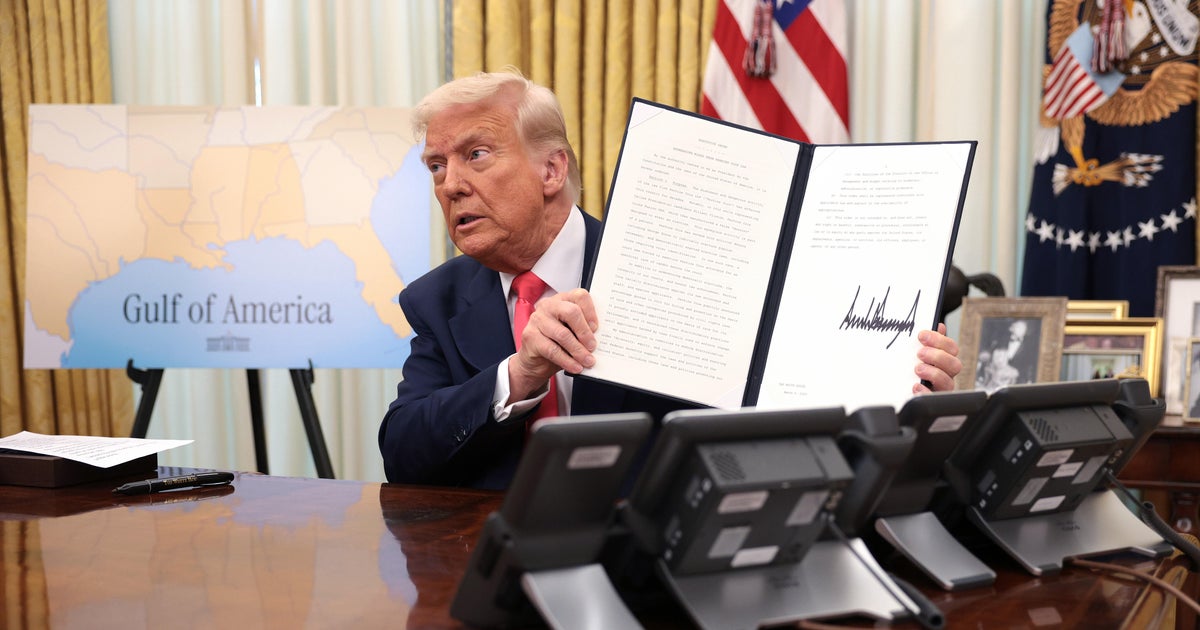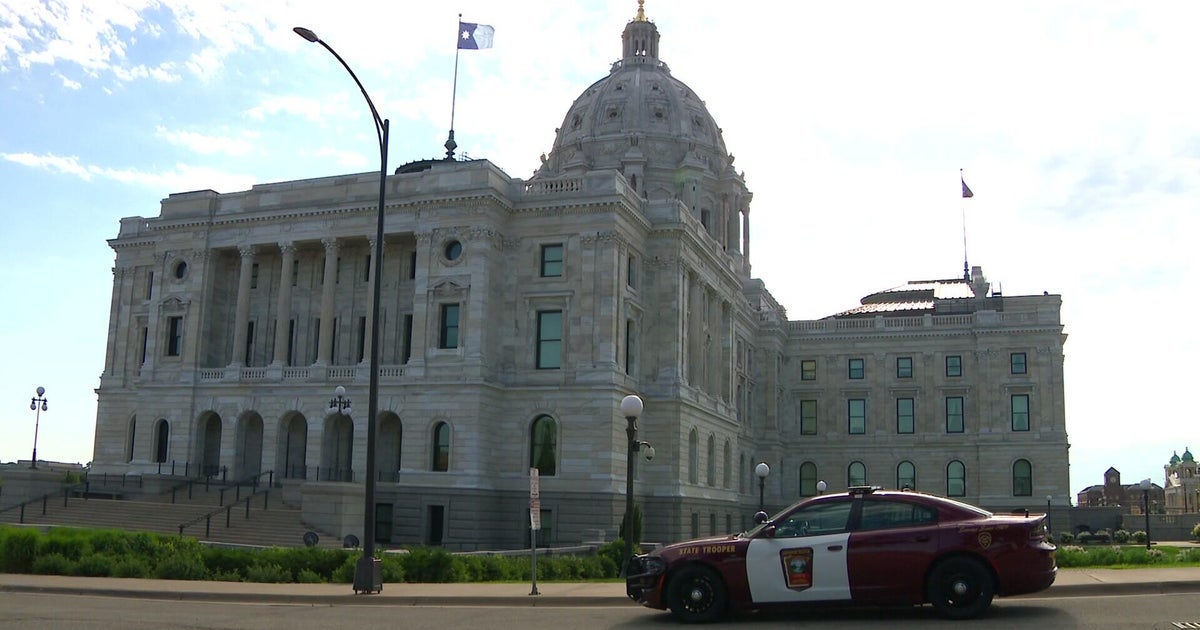Federal appeals court orders judge to drop charges against Michael Flynn
Washington — A federal appeals court has ordered a district judge to grant the Justice Department's request to drop the criminal case against former national security adviser Michael Flynn, bringing the extraordinary legal battle over the department's handling of the case closer to an end.
A panel of three judges on the U.S. Court of Appeals for the District of Columbia Circuit granted Flynn's motion to force U.S. District Judge Emmet Sullivan to drop the case in an order on Wednesday. The ruling was 2 to 1, with one judge dissenting.
The Justice Department moved to dismiss the case against Flynn in May, asking Sullivan to drop the criminal charge despite Flynn's guilty plea. Sullivan declined to immediately rule on the motion, and instead indicated he would review the decision and appoint a retired judge as a "friend of the court" to argue against the government. Flynn filed an emergency appeal to the D.C. Circuit to force Sullivan to accept the motion and drop the charge.
The decision does not bring the case to an immediate end, according to Stephen Vladeck, a professor at the University of Texas School of Law and a seasoned Supreme Court litigator. If Sullivan chooses to, he can ask the D.C. Circuit to rehear the case "en banc," or before all 12 active judges. The court can also decide to rehear the case if a majority of the judges vote to do so. Any decision by the full circuit court could then be appealed to the Supreme Court.
"The dispute may be between a judge and DOJ, but the rules are the same," Vladeck told CBS News.
In an opinion explaining the ruling, Circuit Judge Neomi Rao, who was nominated to the bench by President Trump, argued that forcing the Justice Department to explain its reasoning for seeking to drop the case would infringe on the authority of the executive branch.
"In this case, the district court's actions will result in specific harms to the exercise of the Executive Branch's exclusive prosecutorial power," Rao wrote. "The contemplated proceedings would likely require the Executive to reveal the internal deliberative process behind its exercise of prosecutorial discretion, interfering with the Article II charging authority."
Read the opinion here
Sullivan's intention "to scrutinize the reasoning and motives of the Department of Justice constitute irreparable harms that cannot be remedied on appeal," Rao added.
Flynn pleaded guilty to lying to federal investigators about his conversations with the Russian ambassador before Mr. Trump took office. He was ousted as national security adviser just weeks into the Trump administration.
The Justice Department said in its motion seeking to dismiss the charge in May that the government "concluded that the interview of Mr. Flynn was untethered to, and unjustified by, the FBI's counterintelligence investigation" and that "it is not persuaded that the January 24, 2017 interview was conducted with a legitimate investigative basis."
"People sometimes plead to things that turn out not to be crimes," Attorney General William Barr said in an interview with CBS News' Catherine Herridge last month. "And the Department of Justice is not persuaded that this was material to any legitimate counterintelligence investigation. So it was not a crime."
Melissa Quinn contributed reporting.



